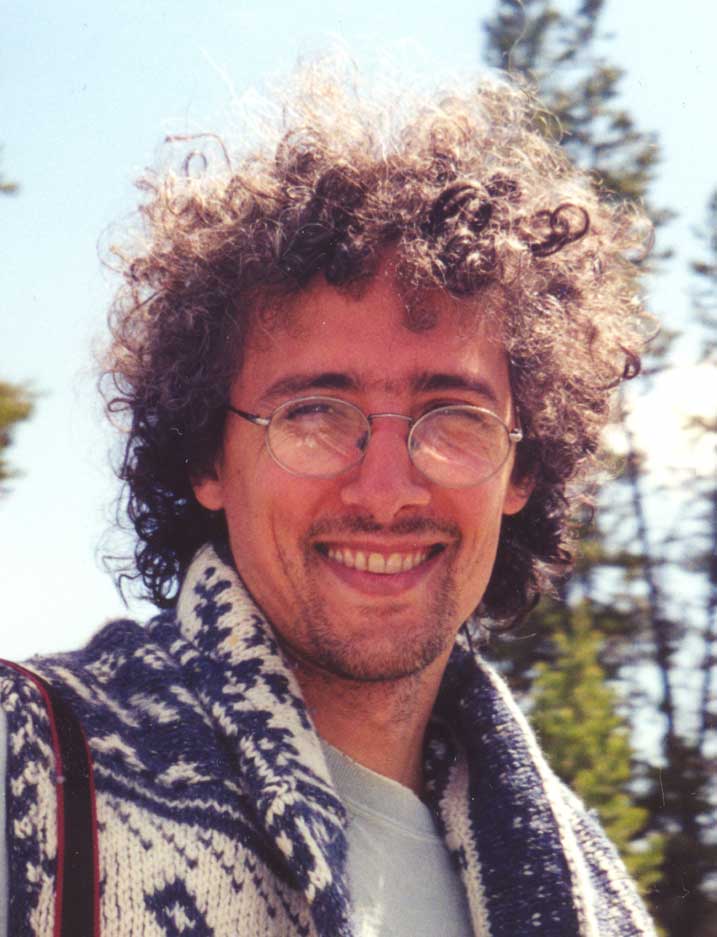|
|
Curriculum Vitae
download Word
| Name: |
Jean-Philippe Bernard |
 |
| Address: |
Centre d'Etude Spatiale des Rayonnements
9 Av du Colonel Roche, BP 4346
31028 Toulouse cedex 4
France
|
| email : |
Jean-Philippe.Bernard@cesr.fr |
| web : |
http://www.cesr.fr/~bernard |
| Tel : |
(+33)-5-61-55-75-38 |
| Fax : |
(+33)-5-61-55-67-01 |
| Education : |
| 1991 |
Ph.D. Astrophysics, University Paris VII |
|
| Positions : |
| 1992-1993 |
Post-Doc, Nagoya University, Nagoya, Japan. |
| 1993-1995 |
Post-Doc, Infrared Processing and Analysis Center, Pasadena,
CA, USA |
| 1996-present |
Chargé de recherches at CNRS |
|
| Professional
experience : |
| 1991-present |
Study of the interstellar matter from diffuse
cirruses to molecular clouds
Observational cosmology in the domain of X-rays and CMB |
| 1991-present |
~ 50 refereed publications on interstellar matter and observational
cosmology |
| 2001-present |
Scientific associate on the Herschel Project |
| 2001-present |
PI of the PILOT balloon-borne experiment |
| 2000-present |
Coordinator of 3 sub working groups of the Planck project |
| 2001-present |
Coordinator of the “systematic effect detection”
activities of the Planck DPC |
| 1999-present |
Scientific associate on the Planck project |
| 1999-present |
Co-I of the Archeops balloon-borne experiment |
| 1991-1999 |
Co-I of the Pronaos balloon-borne experiment |
| 1998 |
Co-I of an accepted Associate Investigator Program on the
WIRE satellite |
| 1998-2000 |
Calibration scientist of the XMM-EPIC instrument |
| 1996-2000 |
Data Analysis of the ISO mission |
|
| Scientific Interest: |
Observational cosmology in the
field of X-ray astronomy (Galaxy clusters morphology and luminosity
function) and millimeter astronomy (Cosmic Microwave Background,
Sunyaev-Zel’dovich effect on galaxy clusters).
Study of the interstellar matter from diffuse cirruses to molecular
clouds through dust continuum and molecular emission using satellite
and ground-based observations. Numerical modeling of the dust emission
and radiative transfer in dust clouds. Study of the large-scale
star formation in giant molecular clouds. Study of cold dust emission
in the sub-millimeter. Application to foreground removal techniques
for CMB experiments. Preparation of CMB polarization experiments,
in particular with respect to identification and removal of foreground
components.
|
|
